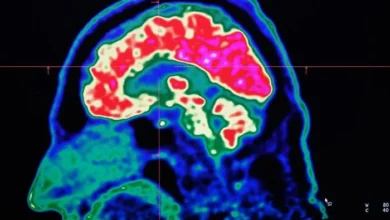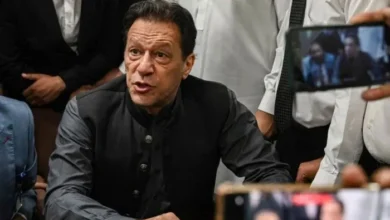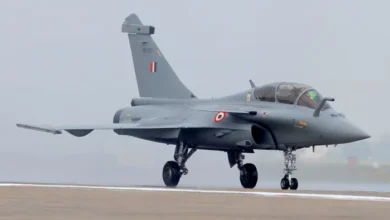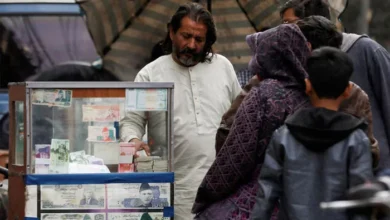People from poorer nations will probably be unable to get a COVID-19 vaccine this year because the world’s richest countries have bought one billion more doses than their citizens need, a new study has found, as G7 leaders indicated a willingness to share their excess doses ahead of a meeting on Friday.
“This huge vaccine excess is the embodiment of vaccine nationalism, with countries prioritising their own vaccination needs at the expense of other countries and the global recovery,” said ONE, a group that campaigns against poverty.
ONE’s policy team added “a massive course correction” in distribution was needed if the world wanted to protect and save lives as the death toll from the pandemic approaches 2.5 million.
UN Secretary-General Antonio Guterres’ said on Wednesday that just 10 countries had so far administered 75 percent of all vaccinations, describing it as “wildly uneven and unfair”.
“At this critical moment, vaccine equity is the biggest moral test before the global community,” he said, adding that a meeting later on Friday of the G7 top industrialised nations “can create the momentum” to address the inequality.
‘Unprecedented inequality’
There are indications that the G7 is listening with the leaders of France, the UK and the United States all suggesting they will make concessions on vaccines during the virtual meeting, which is being hosted by the UK .
French President Emmanuel Macron has called for Europe and the United States to commit between 3 and 5 percent of their vaccine supply to developing countries.
“It’s an unprecedented acceleration of global inequality and it’s politically unsustainable too because it’s paving the way for a war of influence over vaccines,” Macron told the Financial Times newspaper in a video link interview on Thursday.
Macron said that German Chancellor Angela Merkel has also agreed that the decision to share part of Europe’s vaccine stockpile should be a concerted effort.
 The excess COVID-19 doses cornered by rich countries alone would be sufficient to vaccinate the entire adult population of Africa, according to an analysis [Juan Mabromata/AFP]
The excess COVID-19 doses cornered by rich countries alone would be sufficient to vaccinate the entire adult population of Africa, according to an analysis [Juan Mabromata/AFP]British Prime Minister Boris Johnson said he was also prepared to give away hundreds of millions of spare vaccine doses to the developing world, once all adults in the UK have been inoculated.
The report in the UK’s Times newspaper said that up to 80 percent of the surplus doses will go to global vaccine alliance, COVAX, which was set up to distribute COVID-19 medications to lower-income nations.
The process is expected to start at the earliest on March 1.
Meanwhile, US President Joe Biden is expected to pledge $4bn to the COVAX programme.
According to the World Health Organization, the facility needs $5bn this year alone to be able to distribute vaccines for at least the most vulnerable 20 percent of the population in poor countries.
The timeline of the European and US commitments remain unclear, leaving the possibility that many people worldwide would still not be able to get the vaccine this year.






